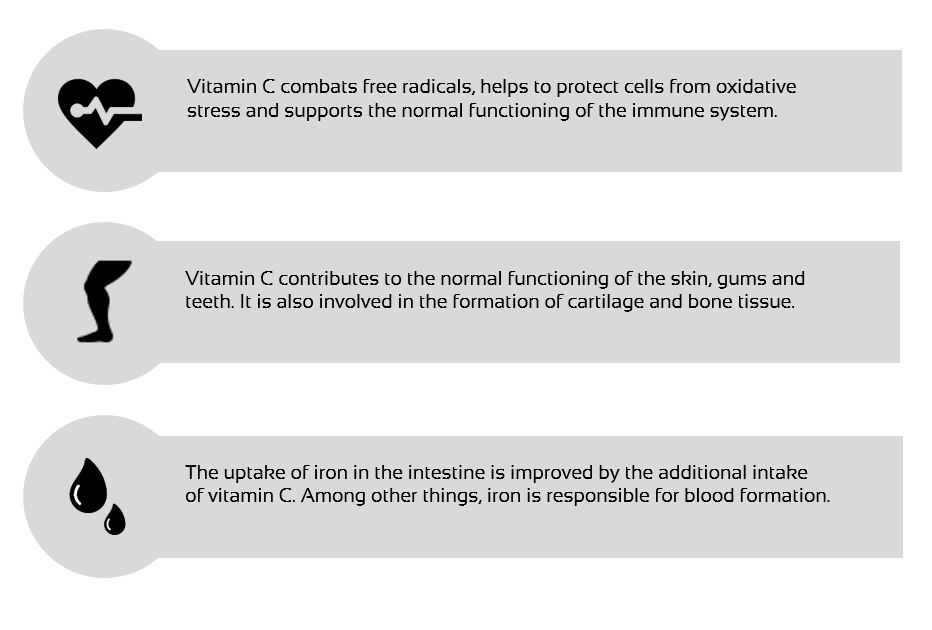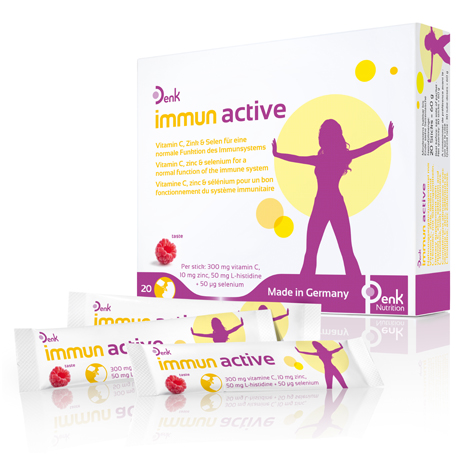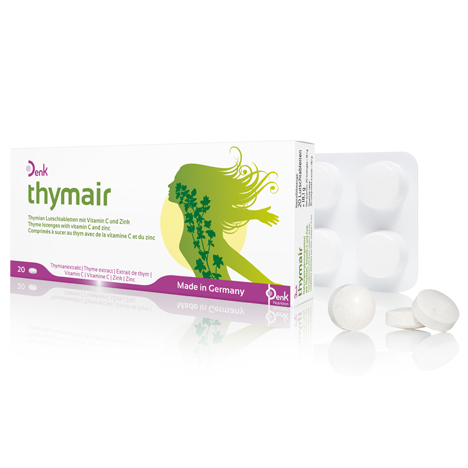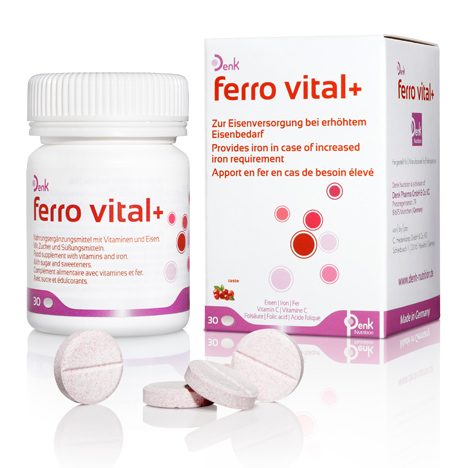
Vitamin C – healthy radical interceptor
Vitamin C, also called ascorbic acid, has numerous important functions in the human body. However, the water-soluble vitamin cannot be produced by the body itself. Until the 18th century, sailors, in particular, often contracted life-threatening scurvy due to pronounced vitamin C deficiency. Today, however, the daily requirement can usually be met by a diet rich in fruit and vegetables.
Functions in the body

Intake recommendations
The Institute of Medicine recommends a daily vitamin C intake of between 75 and 90 mg per day for adults aged 19 and over, 85 mg per day for pregnant women and 120 mg per day for breastfeeding women. Supplements should only be taken during and after pregnancy following a medical examination and with corresponding instructions.
Occurrence in food
The exact amount of vitamin C depends on when the food is harvested and how it is transported and stored. It is therefore worth buying and consuming fruit and vegetables that are as fresh as possible. In addition, most vitamin C is contained in the food in its raw state as the vitamin is very sensitive to heat. When cooking, valuable ingredients can be lost, so it is advisable not to cook vegetables for too long, but only to steam them briefly. The following foods are particularly rich in vitamin C:
· Acerola cherries
· Sea buckthorn berries
· Blackcurrants
· Sweet peppers
· Citrus fruits
· Broccoli


